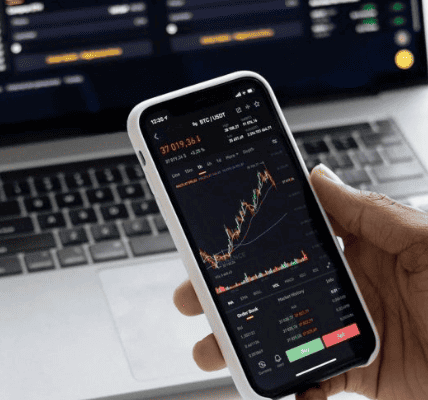Avoiding Forex Scams: How to Identify and Protect Yourself from Fraud
Forex trading offers lucrative opportunities for financial gain, but it also attracts its fair share of scams and fraudulent schemes. As a trader, it’s crucial to arm yourself with knowledge Read More
Understanding Forex Scams Forex scams come in various forms, but they typically promise unrealistic returns, guaranteed profits, or insider secrets to success. These scams often target inexperienced traders who are lured by the promise of quick and easy profits. Some common forex scams include: Signal Services: Providers offering forex signals or trading strategies that promise high success rates and guaranteed profits, often for a fee. Ponzi Schemes: Fraudulent investment schemes that rely on new investors’ funds to pay returns to earlier investors, with no legitimate trading activity involved. Fake Brokerages: Bogus forex brokerages that entice traders to deposit funds with promises of high returns but fail to execute trades or allow withdrawals. Phony Investment Programs: Scammers posing as professional traders or investment managers who solicit funds for trading purposes but misappropriate investors’ money for personal gain. Identifying Forex Scams To protect yourself from forex scams, it’s essential to be vigilant and skeptical of any offers that sound too good to be true. Here are some red flags to watch out for: Unrealistic Promises: Be wary of promises of guaranteed profits or high returns with minimal risk. Forex trading inherently involves risk, and there are no shortcuts to guaranteed success. Lack of Regulation: Verify the credentials and regulatory status of any forex brokerage or investment firm before depositing funds. Legitimate brokers are regulated by reputable authorities and adhere to strict compliance standards. Pressure to Act Quickly: Scammers often employ high-pressure tactics to coerce individuals into making impulsive decisions. Avoid any offers that require immediate action or pressure you to deposit funds hastily. Poor Transparency: Legitimate brokers and investment programs provide transparent information about their services, fees, and trading performance. Beware of firms that lack transparency or refuse to disclose essential details about their operations. Protecting Yourself from Scams To safeguard your investments and avoid falling victim to forex scams, consider the following protective measures: Conduct Due Diligence: Research any forex brokerage or investment opportunity thoroughly before committing funds. Check for reviews, regulatory licenses, and any past instances of misconduct or fraud. Practice Caution with Personal Information: Avoid sharing sensitive personal or financial information with unverified individuals or entities, especially if they pressure you to do so. Use Reputable Platforms: Trade with reputable forex brokers that are well-established and regulated by recognized authorities. Choose platforms with robust security measures to protect your funds and personal data. Educate Yourself: Stay informed about common forex scams and learn to recognize the warning signs. Continuously educate yourself about forex trading principles, risk management strategies, and investment best practices. Conclusion Forex scams pose a significant threat to unsuspecting traders, but with awareness and vigilance, you can protect yourself from falling victim to fraud. By understanding common scam tactics, identifying red flags, and taking proactive steps to verify the legitimacy of brokers and investment opportunities, you can navigate the forex market safely and mitigate the risk of financial loss. Remember, if an offer sounds too good to be true, it likely is, so trust your instincts and proceed with caution when engaging in forex trading activities.






